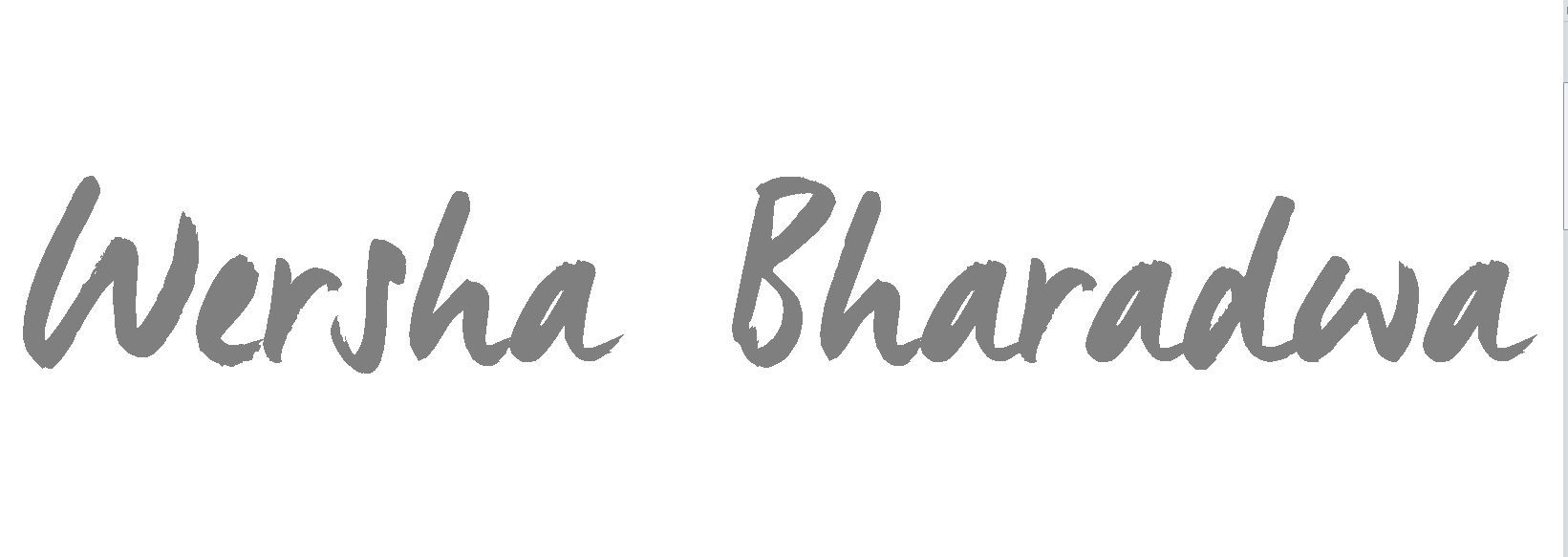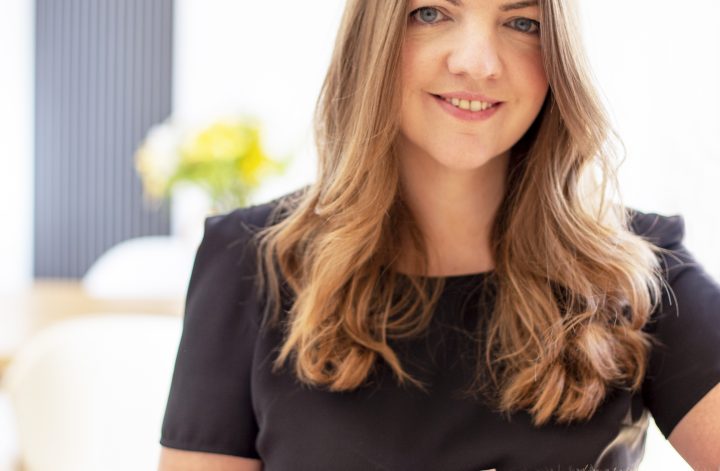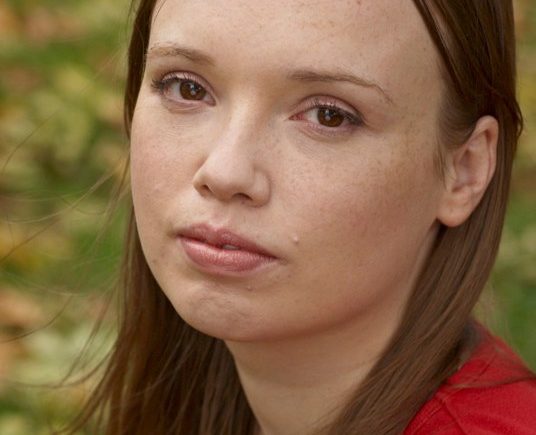Charlotte Northedge is The Guardian’s joint head of books/editor of Review and now with her debut novel, The House Guest published in May 2021, a fiction writer. Charlotte has written for The Guardian, Psychologies and Cosmopolitan, has an MA in Modern and Contemporary Literature from Birkbeck and is an alumni of the Curtis Brown Creative Writing course.
Q. How did you come up with the premise for your new novel ‘The House Guest’ – especially in relation to female friendships going wrong? When did the inspiration first strike?
CHARLOTTE: The House Guest follows a young woman called Kate who moves to London to look for her missing sister, and falls into the orbit of a charismatic older life coach called Della. The idea first came to me when I moved to London after university. I felt overwhelmed and lonely to begin with, and I remember thinking that the friends you make when you’re embarking on a new stage of life can be very influential and potentially wield a lot of power over you. I was particularly interested in the idea of age gap friendships – how someone older can hold influence over younger women. Della is in her late 30s, established in life, with a husband, children, a successful career. She runs a coaching group made up of women in their 20s who, like Kate, are slightly lost and unattached. These women hang on Della’s every word, and Kate starts out calling them ‘the Janes’ because they look eerily similar. But gradually she gets lured in and singled out from the group, until she starts to wonder what Della really wants with her
Q. Did you plot/ outline the story meticulously or just write ‘stream of consciousness’ style without plotting?
CHARLOTTE: I started writing The House Guest around fifteen years ago, got about halfway through a draft and then left it to one side as my journalism career took off. It wasn’t until I was on maternity leave with my second child that I picked it up again. I felt a sudden urge to write creatively, and I wrote in a fairly stream of consciousness way in evenings and weekends until I had a finished draft. It was only then that I went back and looked more closely at the pacing and plotting and reworked the ending. By then I had done the Curtis Brown Creative course and, through that, I had found an agent, Sophie Lambert at Conville and Walsh. She worked very closely with me on the re-writing until I had something that was ready to submit to editors.
Q. Do you set a word count limit per day or per week?
CHARLOTTE: A daily or weekly word count wouldn’t work for me. I work three days a week in a very all-consuming job, as joint Head of Books for the Guardian. This leaves me two days a week to write, and when I’m approaching a deadline, I’ll also write in the evenings or at weekends, around family commitments. Because I’m snatching time, to some degree, I can’t really set myself a word count, but also I’d rather write 500 hundred words I’m happy with than 2000 that I will only want to cut the next time I read them. I tend to edit as I go along, so it can be quite a slow process.
Q. What application do you use to write your novels – Word or Scrivener?
CHARLOTTE: I’ve written two books now – my second is at the editing stage – and so far I’ve used Word. I’m not hugely technical, and I find Word has all the features I need. I keep separate documents with time lines, character notes and plot points, and I also write a lot of notes out by hand, so that I can have them around me as I write.
Q. I attended the excellent launch event for the book online and was interested to learn how the book had changed since you first thought of the idea. Talk me through that process.
CHARLOTTE: Thank you! The idea has changed quite a bit since I first came up with it in the years after university. To begin with, the novel was more focused on Kate, the 25-year-old character, as that’s the age I was at the time. But when I came back to it, I was more in Della’s age bracket – I had a husband, young children and a career. So I became interested in exploring her perspective, and focusing more on the themes of motherhood and family dynamics. I didn’t have a particular genre in mind when I started out, but by the time I came back to the book, it seemed clear that it would work best as psychological suspense, a genre I really enjoy reading.
Q. What helps you generate ideas for scenes and scene settings? Can you talk about any real examples of scenes/ settings from your new book?
CHARLOTTE: My new book is about a couple who move out of London to their dream house in the countryside and quickly realise they’ve made a very big mistake. The setting was inspired by the house hunting my husband and I did when we were considering our move out of London, although we didn’t go for somewhere rural in the end – and we don’t feel like we’ve made a mistake! What works best for me is to write about places and scenes that are rooted in reality, but blur the details so that you’re free to imagine and create scenarios that feel real.
Q. How long did it take you write the first draft of The House Guest in comparison to how long it took you to write the first draft of your second book?
CHARLOTTE: When I came back to The House Guest after my second maternity leave, I essentially started again. And the first draft I wrote after my course ended took around nine months. But the revisions and editing took a much longer time. With my second book, which doesn’t have a title yet, the writing process was much quicker. I was lucky enough to sign a two-book deal with HarperCollins in January 2020, and I agreed to deliver another book within fifteen months. Then lockdown happened, and I was working from home, with my children off school. Eventually I was able to take some writing leave from work, and essentially wrote the first draft in three months, with another three for revisions (while working again). At the beginning of the pandemic, I thought I’d never get my second book written. But actually, I found having a dedicated period of time for writing, with fewer distractions in terms of commuting and socialising, I was able to focus much more intensely.
Q. What have been your biggest challenges / learning curves in terms of technique / craft in novel writing compared to journalism and how did you overcome these?
CHARLOTTE: I’m not much of a planner, so I tend to write a first draft and then look back to see where the pacing needs to be adjusted, where I need more scene-setting, more suspense, more character development. In my day job, I’m an editor, and a lot of my time is spent grappling with pieces of journalism and getting them to their best. So I find I really enjoy that stage of the writing process, when you have all the raw materials and you can shape it into a novel with a beginning, a midpoint and a satisfying ending.
Q. How did you find the time to write The House Guest?
CHARLOTTE: I had a busy job and two young children when I was writing The House Guest, so I wrote whenever I could – mostly in the evenings, and a couple of hours here and there at the weekend, locked away upstairs in my bedroom. I remember thinking early on that I would just have to stop watching TV if I wanted to get a draft finished. But I really enjoyed the writing, and I couldn’t wait to get back to the characters. Also it was a chance to do something that was just for myself, and I wanted to prove to myself that I could finish a novel, having spent so many years wanting to do it.
Q. How long have the drafts of book two taken to write in comparison? Is it a shorter, easier process?
CHARLOTTE: I’ve heard lots of people say they struggled with Book Two, but for me it has been a much easier process than writing my first novel. This is partly because I’ve gone part-time at work and my children are older, but also I felt I knew more about what I was doing this time around, and I found the words flowed more easily.
Q. What craft based books have you read and found helpful?
CHARLOTTE: I’ve read some of those books – Stephen King’s ‘On Writing’ is brilliant – but so far my writing has been fairly instinctive. I’ll probably reach a point where I need to think more strategically about structure and plotting, but I do really enjoy the feeling of sitting down to write and just seeing where the characters take me that day. The one piece of advice that stuck with me, especially when you have limited time to write, is to make sure you always finish mid-scene, when the writing is going well. That way it’s easy to pick up again the next time you sit down. I think having short bursts of time to write suits me quite well.
Q. Tell me a little more about The Curtis Brown Creative course, ‘Writing Your Novel’ that you attended. Why did you sign up for that particular course and how did it help you with completing The House Guest? Did you have a full manuscript when you signed up?
CHARLOTTE: The new version of The House Guest was in the very early stages when I started the Curtis Brown Course, and what appealed to me about it was that, by the end, I’d have three polished chapters to show to the agents at Curtis Brown and C&W. The course was great for teaching technique and perspective and all those important considerations, but it was also very practical in terms of finding an agent, writing submission letters and how the industry works, and I really valued that. The opportunity to submit to the agents and meet them at a drinks event was invaluable – that’s how I met my agent – and I’ve stayed in touch with my cohort ever since. We still meet once a month or so to share chapters and give each other feedback (online at the moment).
Q. How long after the Curtis Brown Creative course did it take you to finish the book then secure and agent and book deal?
CHARLOTTE: I heard from Sophie as soon as the course had finished to say that she’d like to see a finished manuscript and then worked with her on it for quite a long time before it was ready to send out to editors. I then did another couple of rounds of edits with my editor at HarperCollins, Phoebe Morgan. Phoebe is also a novelist, and so she’s been brilliant at managing my experience of the process.
Q. Who are your fave writers and why? What have they taught you about the craft or their particular genre/ your genre?
CHARLOTTE: There are so many! In thrillers: Louise Candlish, Erin Kelly, Gillian Flynn, Tana French. Elsewhere: Margaret Atwood, Maggie O’Farrell, Kazuo Ishiguro, Chimamanda Ngozi Adichie, Elena Ferrante, Elizabeth Strout, and so many more. It’s always the characters who pull me into a novel, but I love propulsive writing that keeps you turning the pages, and plot twists you can’t see coming.
Q. What next?
CHARLOTTE: I’ve got some events for The House Guest coming up over the summer, which I’m just waiting to have confirmed, and then it will be published in paperback next spring. And in the meantime, I’m working on Book Two. I’m really enjoying being back in the editing process again, immersing myself in another world and perfecting all the twists and turns!
Charlotte Northedge’s novel, The House Guest, is published in hardback by Harper Collins and can be purchased directly here: https://harpercollins.co.uk/products/the-house-guest-charlotte-northedge?variant=32750443036750.
Follow Charlotte on her website at https://www.charlottenorthedge.com, on Instagram (https://www.instagram.com/charlotte_north/), Twitter ( @charnorth) and Good Reads (https://www.goodreads.com/author/show/21082276.Charlotte_Northedge). for all her latest news, book events and launches.



